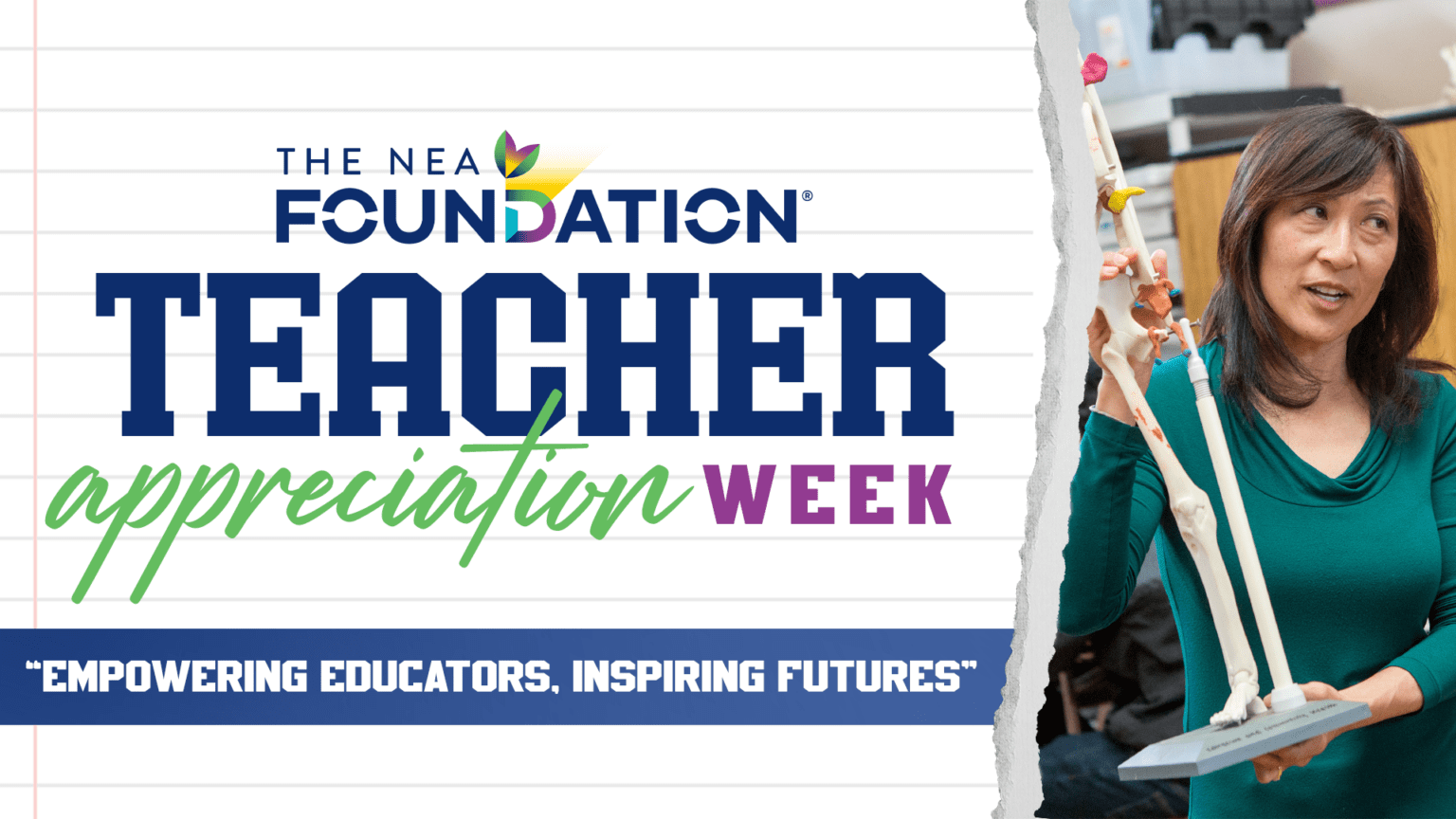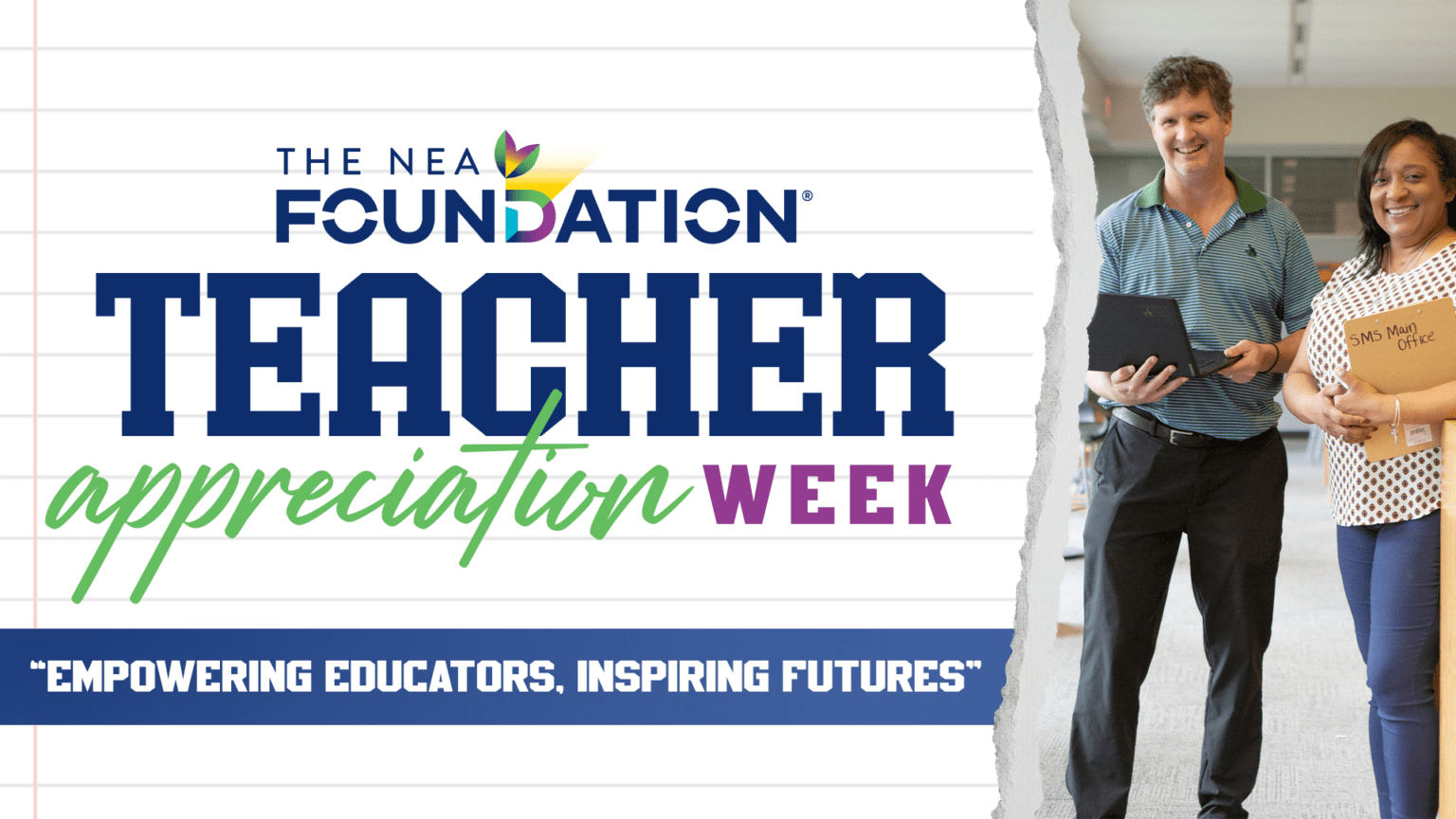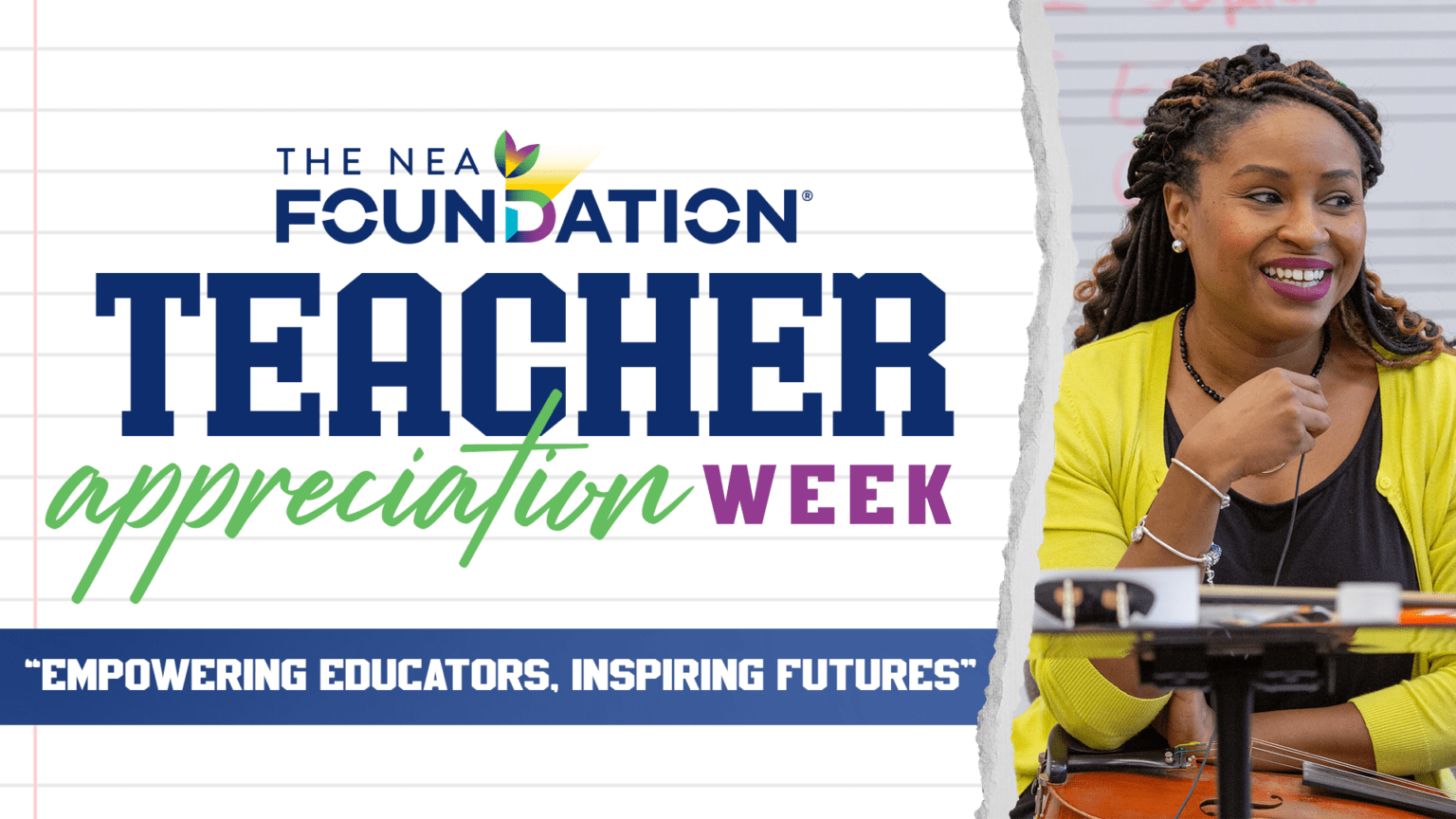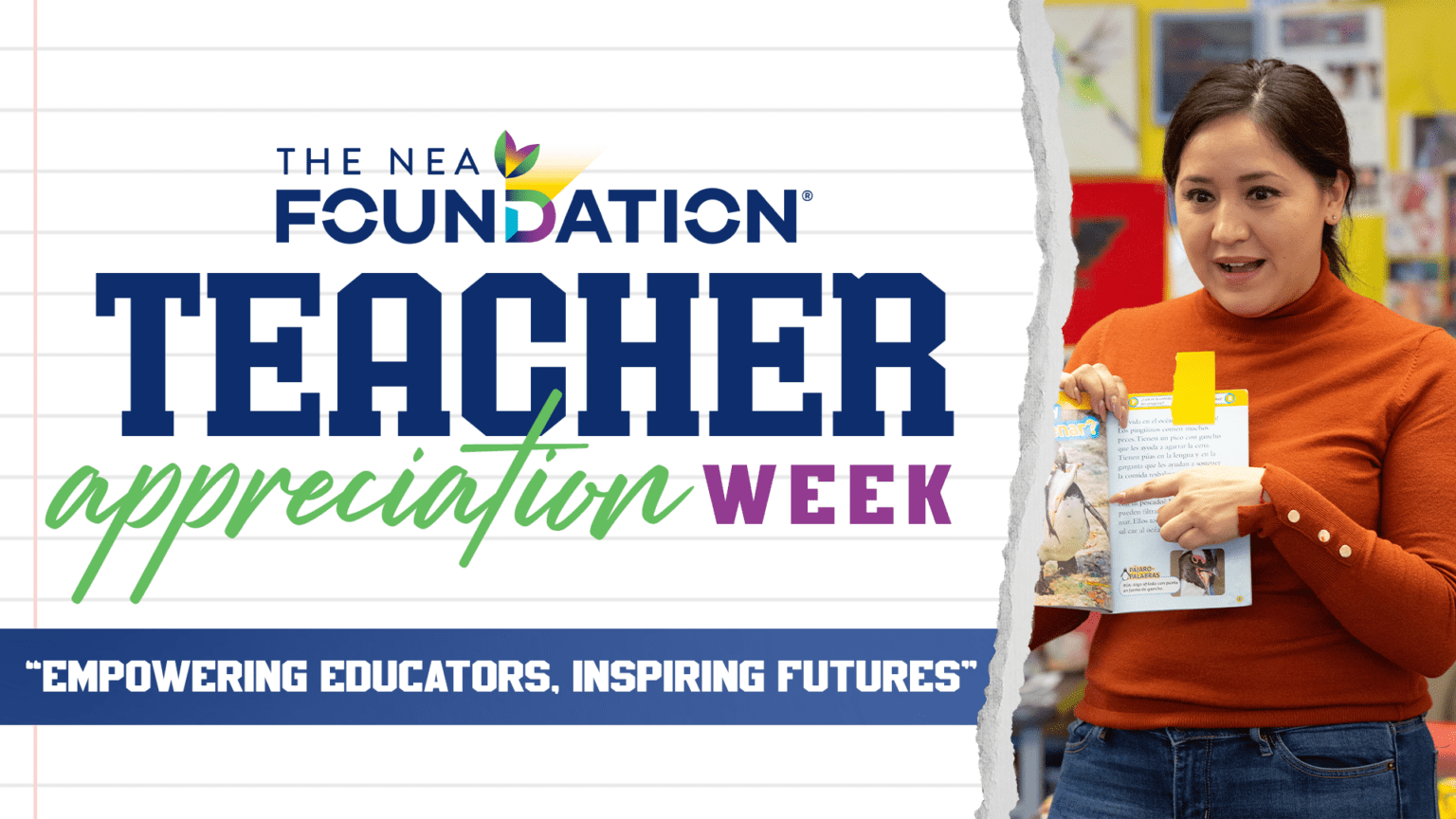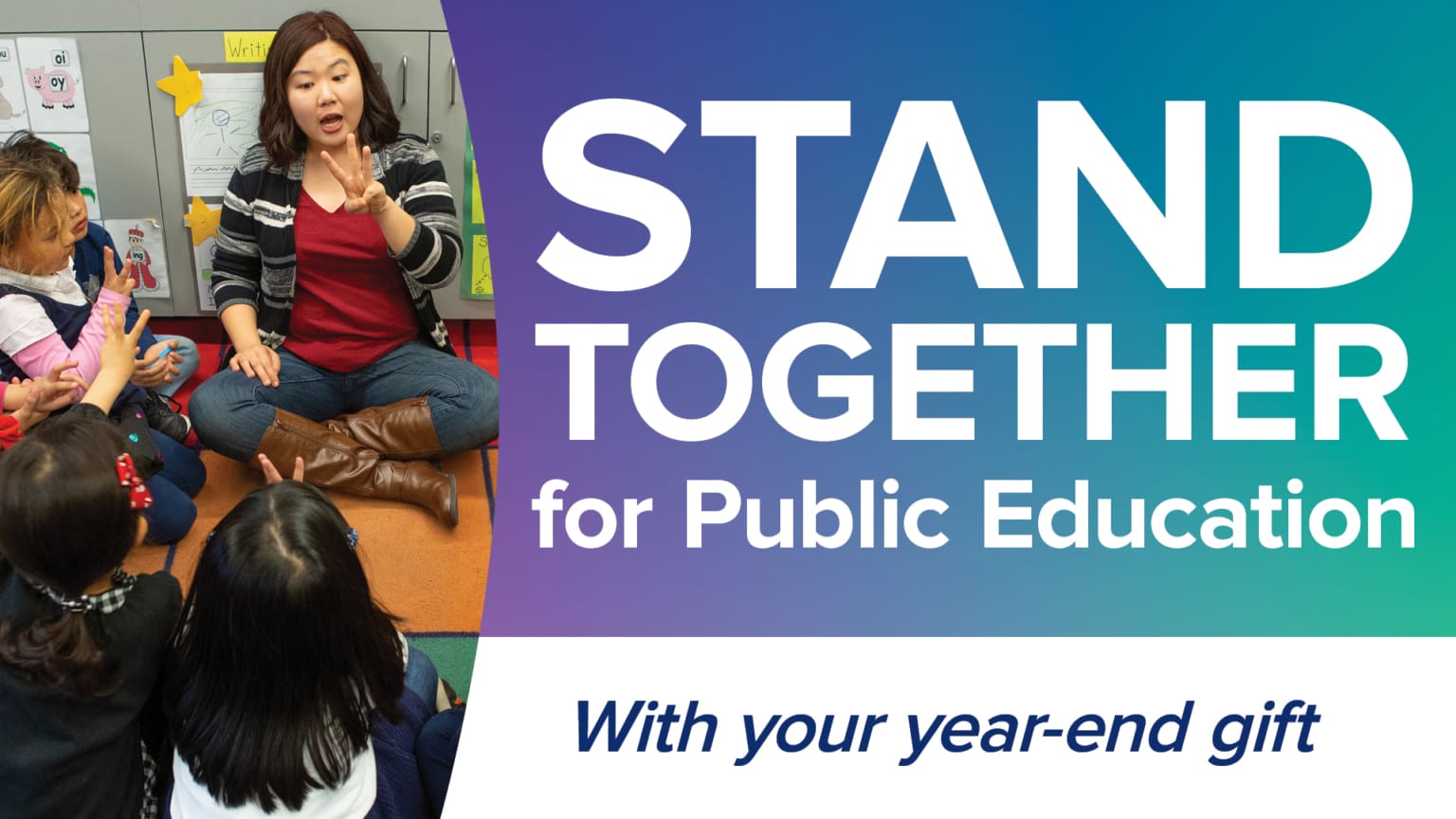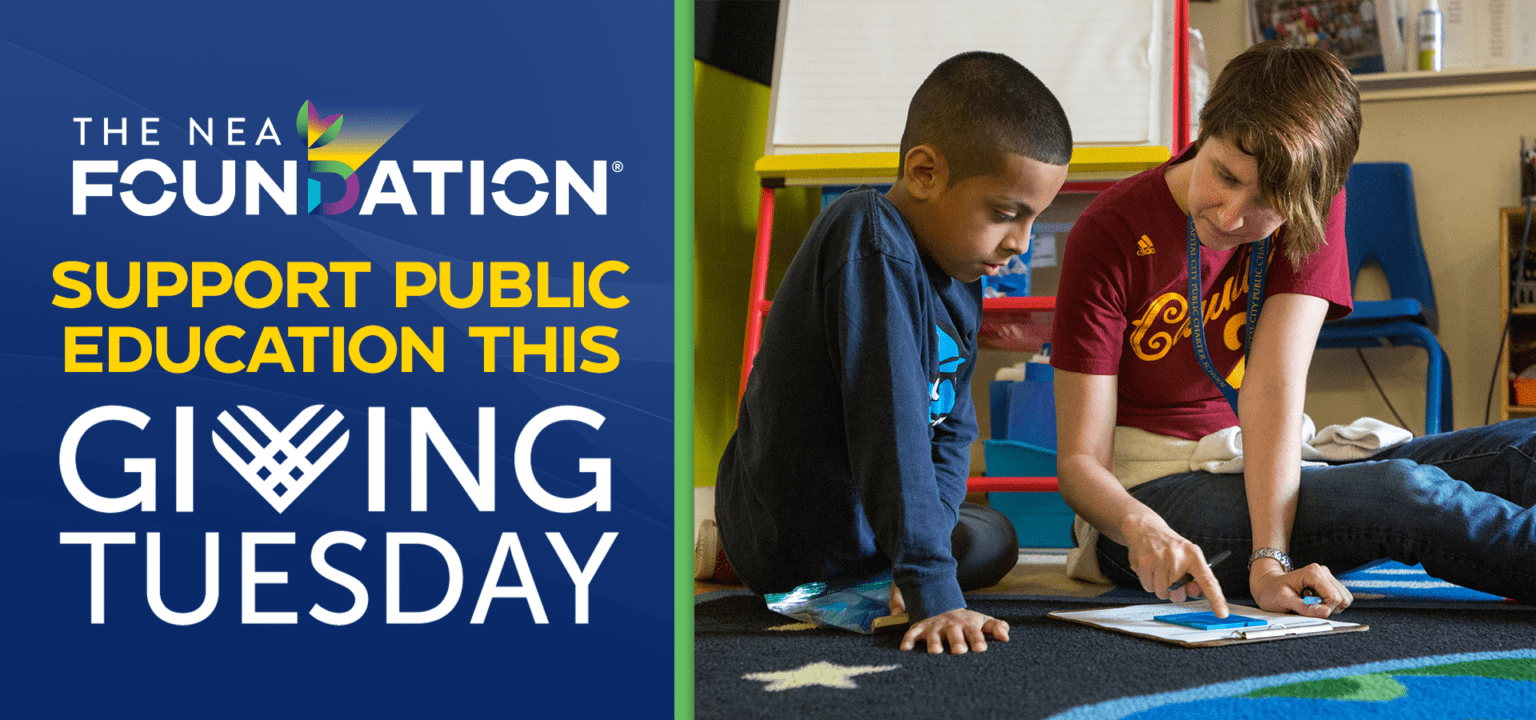On Monday, the Global Learning Fellows met with leaders of Fastco Shanghai Trading Company, the Fastenal Asia Sourcing and Trading Company. Fastenal is a global manufacturing leader that sells industrial and construction supplies around the world, and FastCo is the Asia sourcing company that allows Fastenal to work in real-time with factories they work with and source from throughout Asia. We met with members of the FastCo team from the United States and from China. The presentations and Q&A sessions at Fastenal allowed the Fellows to better understand the skills students will need to succeed in the global economy and the future.
Leveling the playing field
“This is what outsourcing looks like.” Jason Di Giulio, high school teacher from Canaan, VT, summed it up succinctly. “Getting the chance to hear first-hand what global employers are looking for in potential hires helped us get a better understanding of what we need to instill in our students.” Cheryl Macy, high school English teacher from Carson City, NV agreed with Jason. “Our students are no longer competing with other kids in their classes or towns,” she said. “They’re competing with students from all around the world.”
Fastenal primarily hires entry-level employees, so they are looking for workers who have the skills to grow and develop within the company, rather than experience in the field. For Paul Pierce, who oversees all the Shanghai team leads, the most valuable thing in an employee is “the ability to make a decision, and explain that decision, even if it’s the wrong one.”
East vs. West
When Susan Turnipseed, fourth grade technology teacher from Brookings, SD asked about the difference between his Chinese staff and American staff, and the job skills she should bring to her students, Paul explained. “My Chinese staff is better at following procedure and memorizing rules, but they are often afraid to make a decision. They also tend to be hesitant to share ideas – I don’t do collaborative meetings with my staff in Shanghai. I will talk to them one-to-one to get ideas, but during collaborative meetings, they don’t want to be wrong, so I won’t get anything from them,” he said. “With American staff, I’m able to brainstorm and bounce ideas off each other as a group, which can be very valuable. We need people who aren’t afraid to make mistakes. All we can lose if we mess up is money, but if I have creative thinkers who can look at the facts and aren’t afraid to make decisions and back them up, they’ll more than make up for any money we lose if they happen to make the wrong decision.”
Building students’ global “tool-kits“
The 21st century skills our Global Fellows stress in their classrooms across the country are precisely what will keep students competitive in the global market. Cheryl Macy reflected on collaboration, teamwork, and the ability to make decisions. “International commerce is important for teachers to see first hand. We’re told our students will be part of a global market in the future, but we don’t really know exactly what that means as educators,” she said. “Teachers are tool-kit builders. We need to help our students develop the foundational skills through group work and decision building. The employees here said there are so many experiences in working at Fastenal that they couldn’t get in school, but I think that we need to prepare them to be open to those experiences. To work in a global world, we need to know stereotypes, and be completely willing to let go of them. One of the presenters explained that understanding cultures, and being able to learn about cultural differences is key. Where Fastenal works in Northern China, the business culture is more straightforward. If you ask for a 20% discount, and they say ‘no,’ the answer is ‘no.’ In the South, if they say ‘no’ to a discount, it is an opening to negotiate. I think that’s also why it’s so important for students and teachers to take part in international travel – to be able to understand the world from a different perspective and recognize that not everyone operates the same way they do.”

